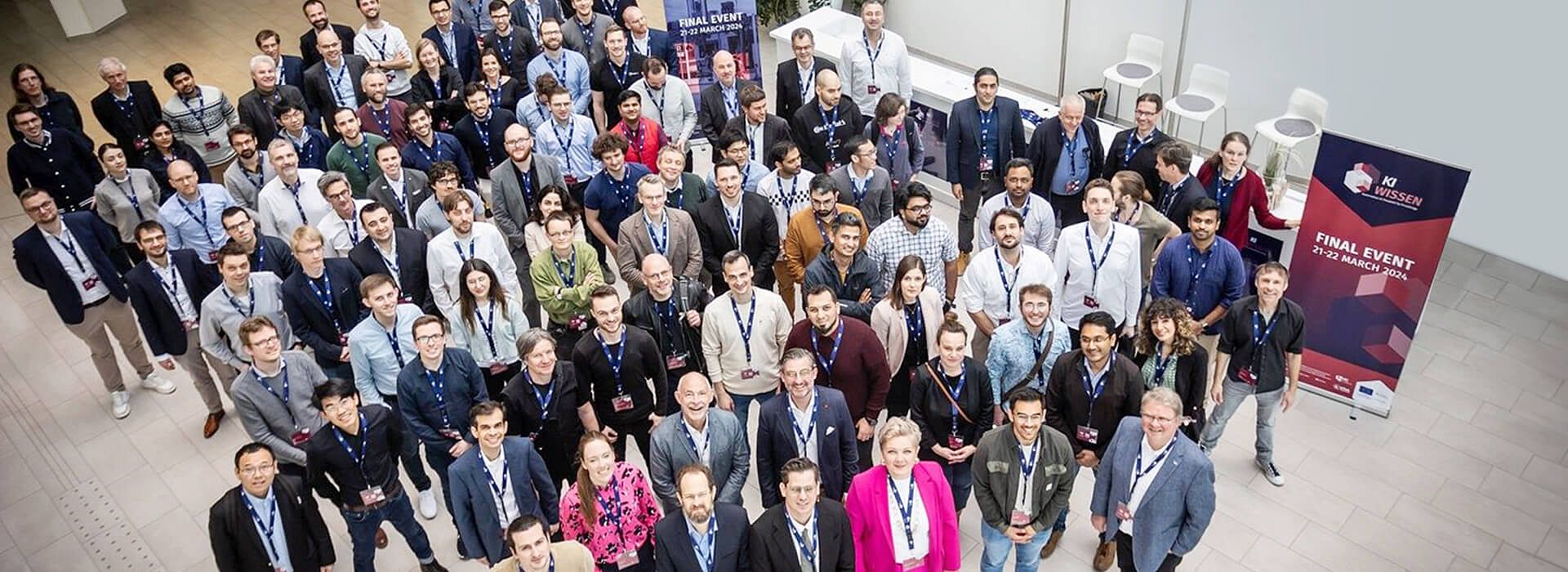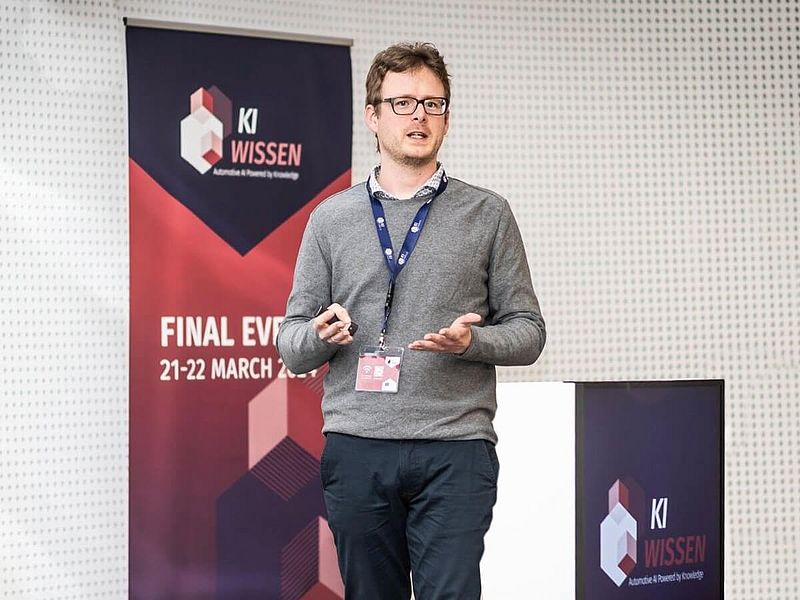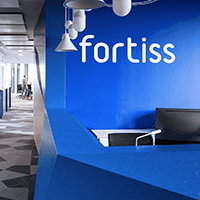Knowledge as the key to the future of autonomous driving
AI-based processes are crucial elements towards fully automated driving, although the development of AI systems has so far been purely data-based. However, this approach poses two fundamental challenges. Firstly, the data basis for safety-critical situations is often inadequate, with the result that the AI is unable to master these situations properly. Secondly, many fundamental correlations and concepts have to be learned from the data at great expense, even though these are already given in advance by general knowledge or physical boundary conditions.
Previous research approaches have focused on optimizing the data required for training in order to solve these problems. The AI Wissen project, on the other hand, is investigating how prior knowledge relevant to traffic - such as traffic rules, mathematical-physical relations and standards or rules - can be intelligently integrated and combined in AI systems. This hybrid approach, which combines data-based procedures with knowledge-based methods, will create a completely new basis for training and validating AI functions in the project.
fortiss further expands its expertise in the field of autonomous driving
In addition, methods for knowledge extraction and conformity checks enable transparent linking with knowledge sources. These methods aim to tackle fundamental challenges such as adapting AI to phenomena with a limited database and increasing the stability of trained AI even under perturbations. In addition, they aim to optimize data efficiency as well as the plausibility and validation of AI-supported functions in order to improve functional quality.
In particular, the fortiss Machine Learning competence field has made extensive contributions to the knowledge-enhanced recognition of objects and pedestrians, to explainable and interpretable environment perception and to the verification of machine learning models that determine driving maneuvers based on additional knowledge sources. In Frankfurt, fortiss scientists Julian Wörmann, Stefan Matthes and Xiangzhong Liu presented the fortiss results for the areas of knowledge integration, extraction and conformance.
The final event in Frankfurt offered participants the opportunity to find out more about the promising project results and exchange ideas. Presentations, demonstrations and a poster session provided an in-depth insight into the progress made. Expert discussions rounded off the event and provided space for the exchange of ideas and perspectives.
The KI Wissen project is part of the AI Familie that emerged from the VDA's lead initiative for autonomous and connected driving. In this alliance, fortiss has already made active contributions to the AI Absicherung and AI Data Tooling projects. Funding was provided by the "New Vehicle and System Technologies" program of the Federal Ministry for Economic Affairs and Climate Protection.



